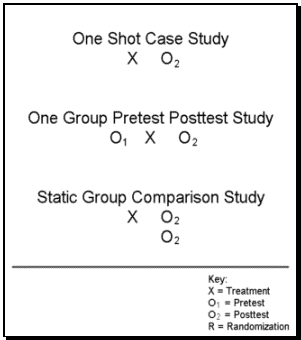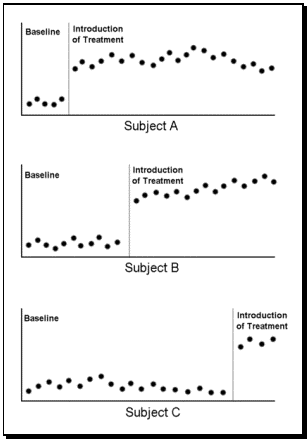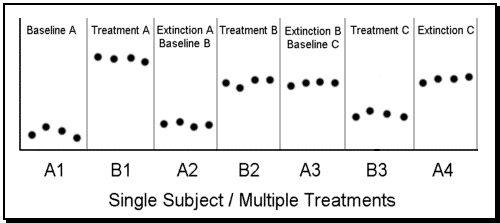General Psychology
Can Pursuing Happiness Make You Unhappy?
How’s this for a cruel paradox: the more you want to be happy, the less happy you become. I’m not just suggesting that idea as a thought experiment. According to some research, that’s actually how things work – actively trying to be happy can make you less happy. The idea that we can deliberately become…
Read MoreReminiscence and Mental Health
An occasional trip down memory lane might be just what the psychologist ordered, at least according to a study published last month by researchers from Australia. To learn about the therapeutic effects of reminiscing, the researchers asked 321 young adults to participate in one of three kinds of “online reminiscence activities”: A problem solving activity…
Read MoreUndertakers Aren’t Funny + Other Insights From Humor Research
They say the best way to ruin a joke is to explain it. But conducting a scientific study on it must be a close second. Humor research is a serious field of investigation that has produced several serious insights in recent years. Here are some of the more interesting: 1. Undertakers aren’t funny Apparently mortuaries…
Read MoreWho Is Most Sensitive to Injustice?
Does witnessing injustice makes your blood boil? Or if not your blood, then maybe your bilateral mid insular cortex? A new study from researchers at University of Bern has found that people who react more strongly to seeing injustice inflicted on others tend to have more gray matter in the bilateral mid insular cortex, a…
Read MoreStudy Finds Widespread Workplace Bullying at Dunder Mifflin
A group of researchers from Trinity University and University of Kentucky have carried out an extensive inquiry into workplace bullying at Dunder Mifflin, the fictional Scranton-based paper company featured in the U.S. mockumentary TV show The Office. And the results, published in the Journal of Interpersonal Violence, are not looking good for Dunder Mifflin. To…
Read More5 Teaching Tips to Encourage Active Learning
We all know students learned better when they have a chance to get actively involved in the learning process. After all, it’s not so hard to see that students are going to be more absorbed in the material when they’re learning through hands-on experience than when they’re passively sitting back and listening (or pretending to…
Read MoreSelf-Compassion: A Life-Changing Skill
It’s a cliche to say that we’re out own worst critics. But if you read the AllPsych blog very much, you know that psychology researchers are in the business of showing that a lot of the old cliches go a lot deeper than we might think. Today’s exhibit is self-compassion. Most of the research coming…
Read More3 Differences Between Younger and Older Siblings
Well, here’s the first one: younger siblings are cooler. Just kidding. Despite having a horse in this race, I’ll try to maintain some objectivity and give older siblings a fair shake. In fact, older siblings can be pretty awesome. Still, research on how birth order influences personality and cognition have found that while both older…
Read More5 Facts About Mental Illness Stigma in College
Mental illness stigma can show up anywhere, and college is no exception. The good news is that because psychology researchers are generally university professors, college students are one of the most studied populations – so we know a thing or two about what drives mental illness stigma in college environments and how it can be…
Read MoreWhen Driving and Multitasking Go Together
We all know not to text and drive. But is multitasking behind the wheel always a bad idea? Recently, researchers from the Department of Psychology and Department of Artificial Intelligence at University of Groningen collaborated on an experiment looking at how different kinds of multitasking affected people’s driving performance in different situations. To avoid unleashing…
Read More


